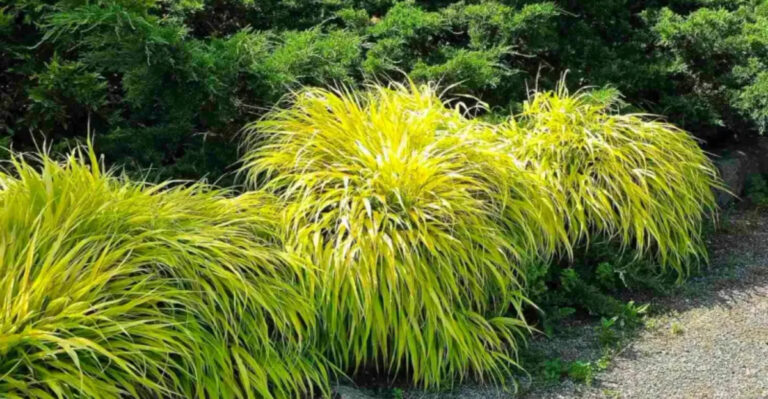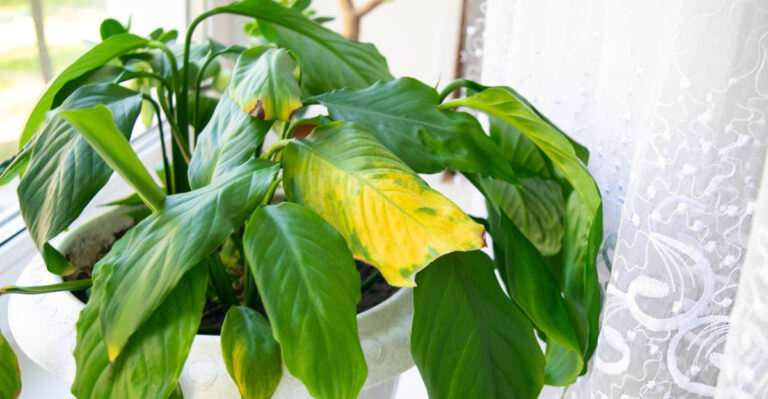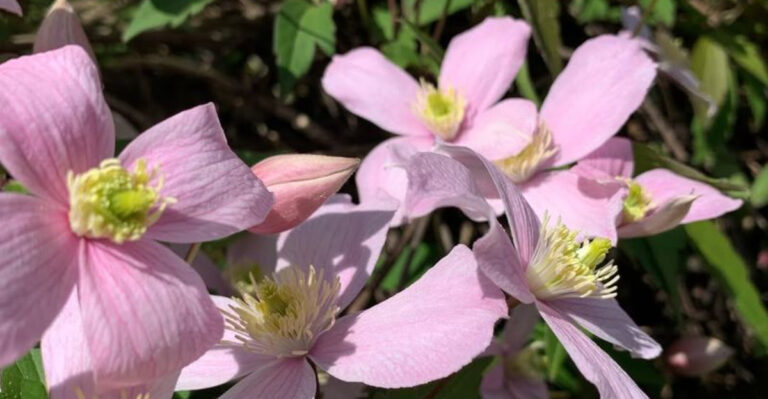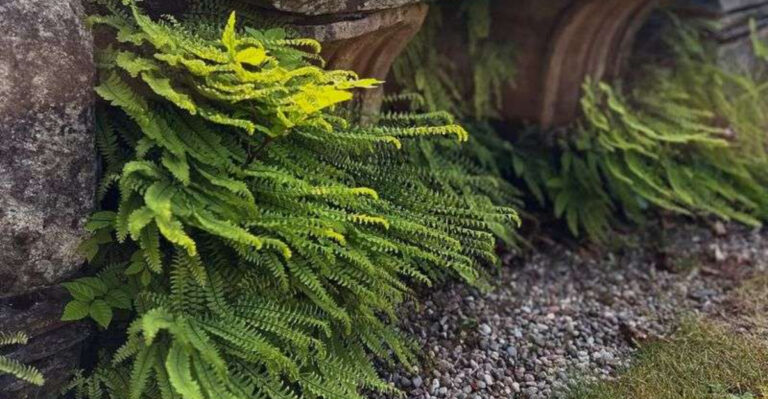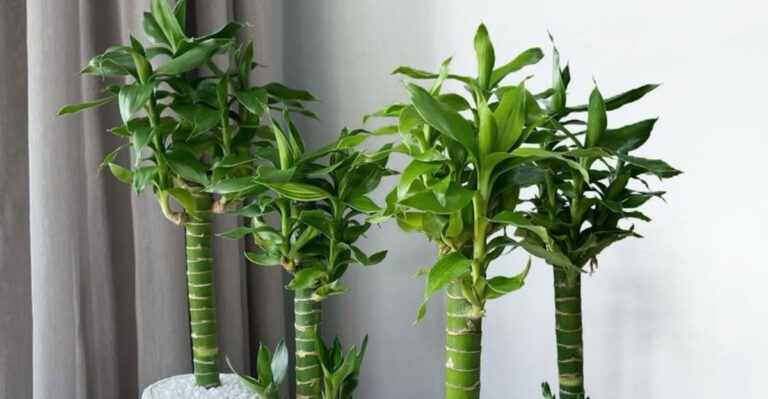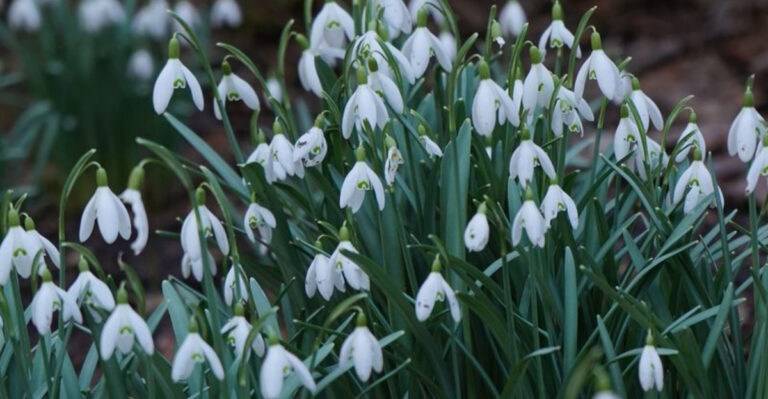10 Allergy Friendly Air Purifying Plants Washington Homeowners Love
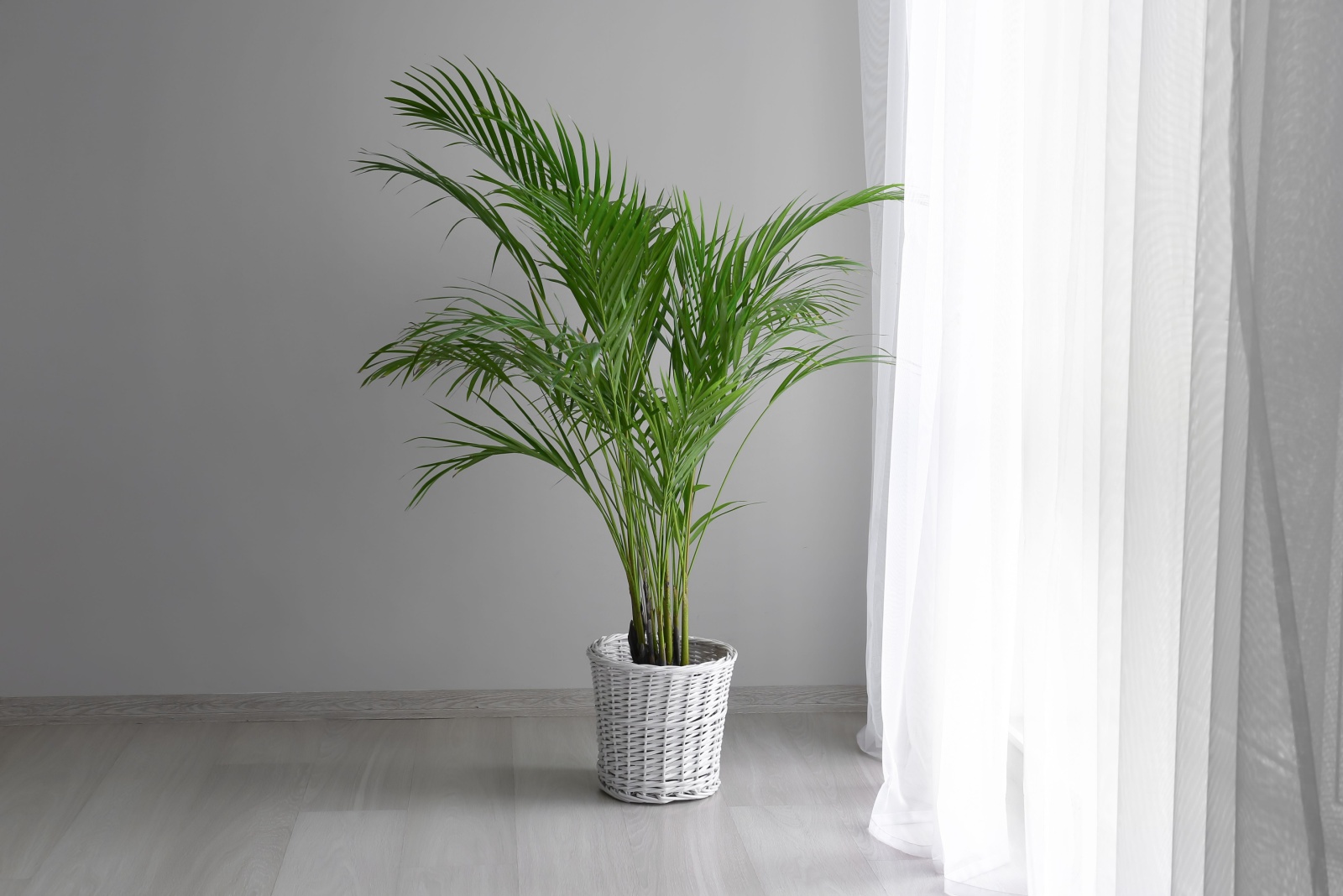
With Washington’s long, gray winters, homeowners are turning to houseplants that do more than sit pretty.
These hard-working, sniffle-free favorites clean the air, brighten the room, and keep allergies at bay—all without fuss or drama.
A few well-chosen plants can make your whole home feel fresher, calmer, and a little more alive through the rainy season.
1. Spider Plant
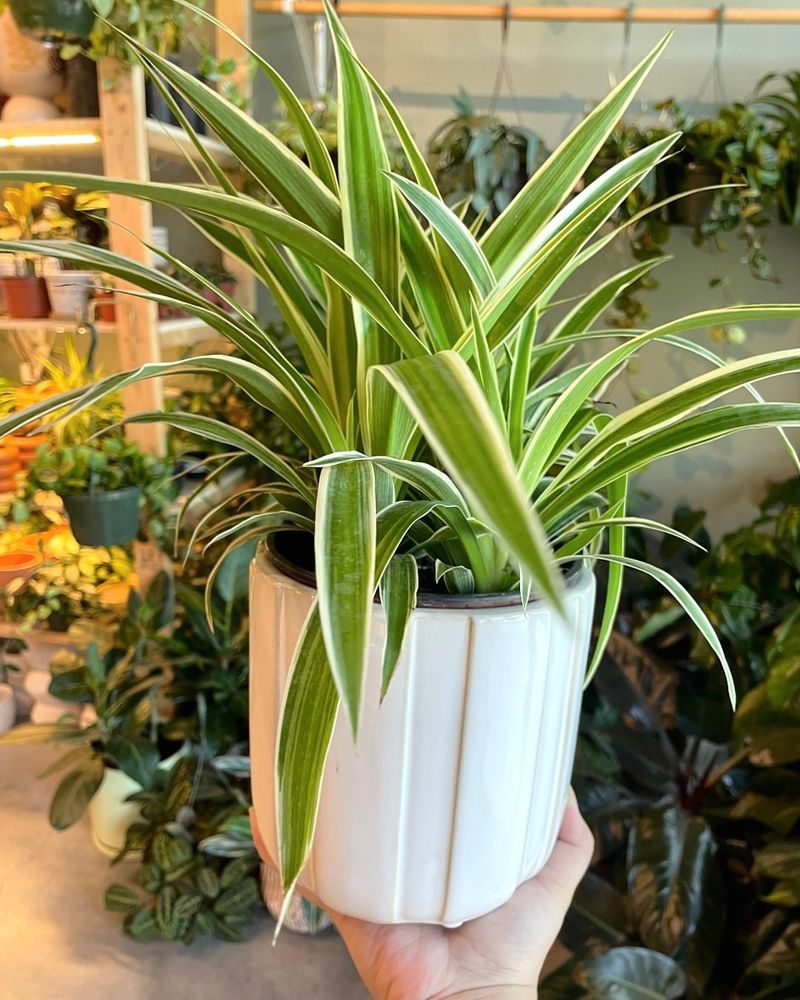
Spider plants earned their reputation as one of the easiest houseplants to care for, making them perfect for busy Washington families.
Their arching leaves create beautiful cascades of green and white stripes that add visual interest to any room.
NASA research found these plants excel at removing formaldehyde and xylene from indoor air.
They produce adorable baby plants on long stems that you can easily share with friends or propagate yourself.
Best of all, spider plants are completely non-toxic and rarely trigger allergies, thriving in the indirect light common in Pacific Northwest homes.
2. Snake Plant
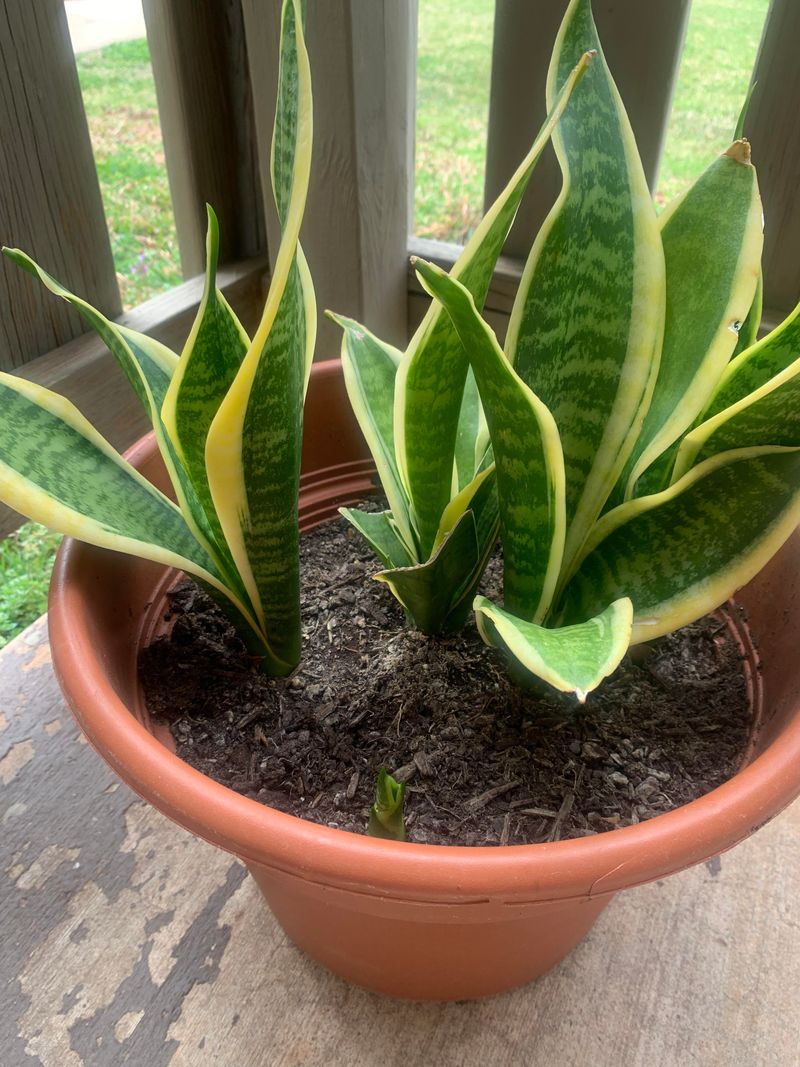
With its striking upright leaves that resemble reptilian patterns, the snake plant brings an architectural element to your interior design.
Washington homeowners appreciate how this plant converts carbon dioxide into oxygen at night, unlike most other plants.
This makes it an ideal bedroom companion for better sleep quality.
Snake plants tolerate neglect beautifully and can go weeks without water, perfect for forgetful plant parents.
They filter out benzene, formaldehyde, trichloroethylene, and toluene from your air.
Their low-pollen nature and minimal maintenance requirements make them allergy-friendly champions.
3. Pothos
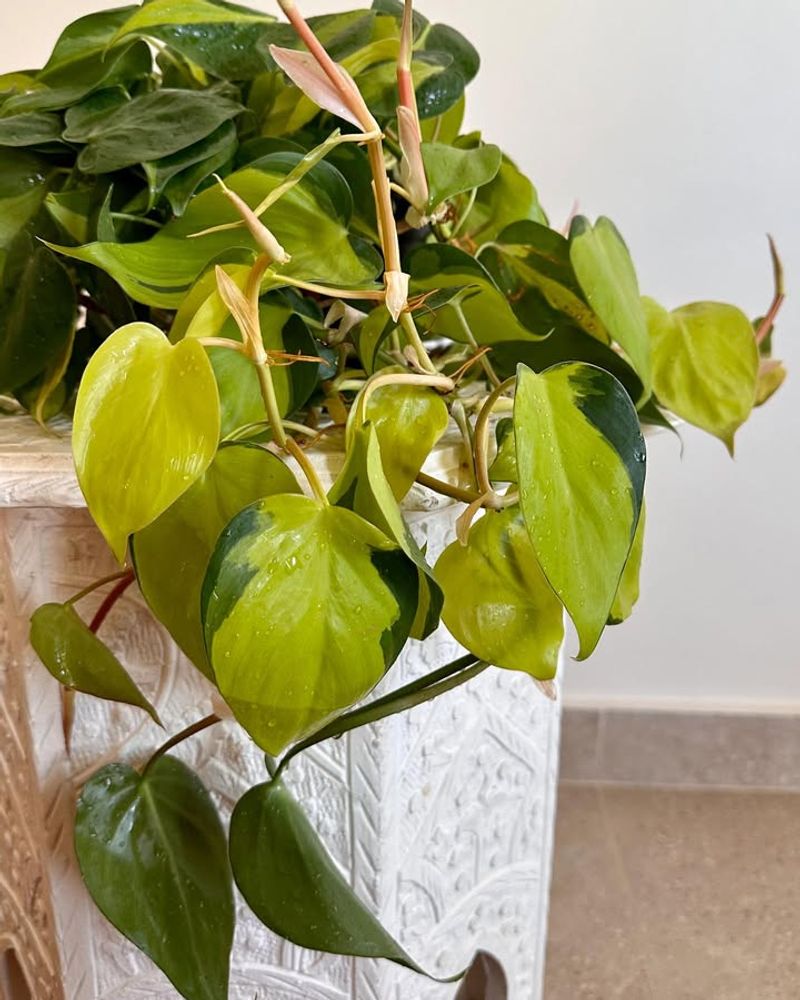
Pothos vines grow with such enthusiasm that you might find yourself trimming them regularly to keep them in check.
Their heart-shaped leaves come in various shades from deep green to golden yellow, adding warmth to darker corners.
These tough plants survive in low light conditions typical of cloudy Washington days.
Pothos effectively removes formaldehyde, xylene, and benzene from your home environment.
They grow in water or soil and produce very little pollen or fragrance that could bother sensitive individuals.
Their forgiving nature makes them perfect starter plants for new plant enthusiasts.
4. Peace Lily
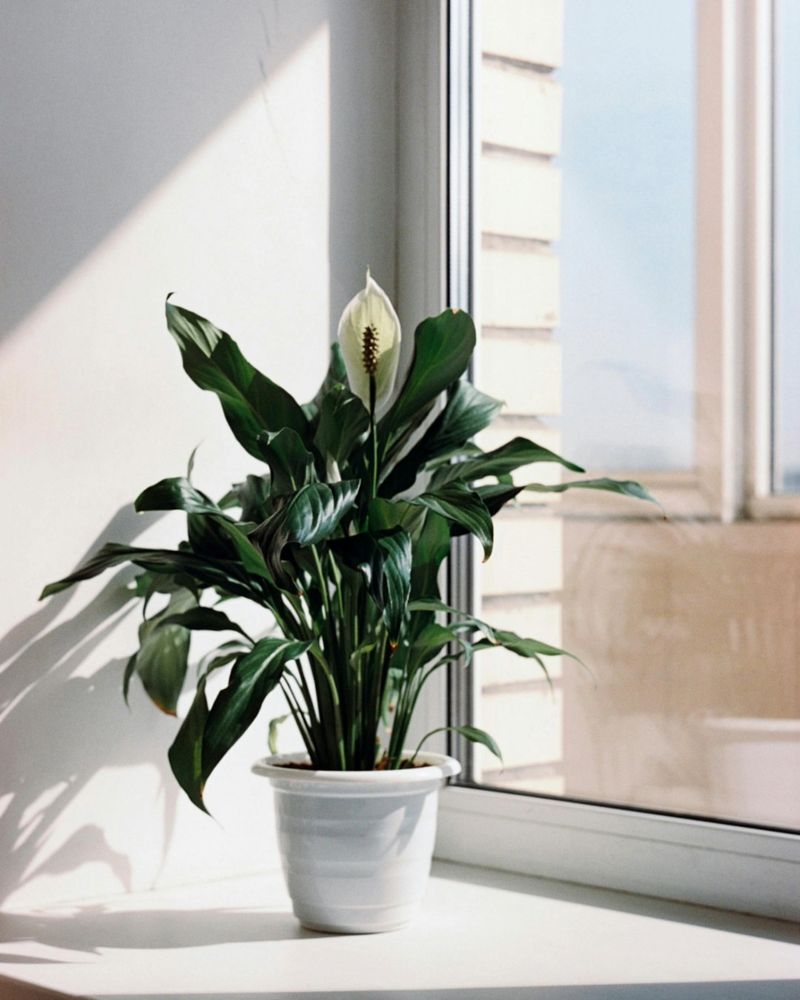
Peace lilies produce elegant white blooms that look like they belong in a fancy flower arrangement, yet they require surprisingly little fuss.
These plants actually tell you when they need water by drooping dramatically, then perking right back up after a drink.
They excel at removing mold spores from the air, which is particularly helpful in damp Washington climates.
Peace lilies also filter ammonia, benzene, formaldehyde, and trichloroethylene effectively.
While they do flower, their pollen production is minimal and contained within the bloom structure, making them generally safe for allergy sufferers.
5. Bamboo Palm
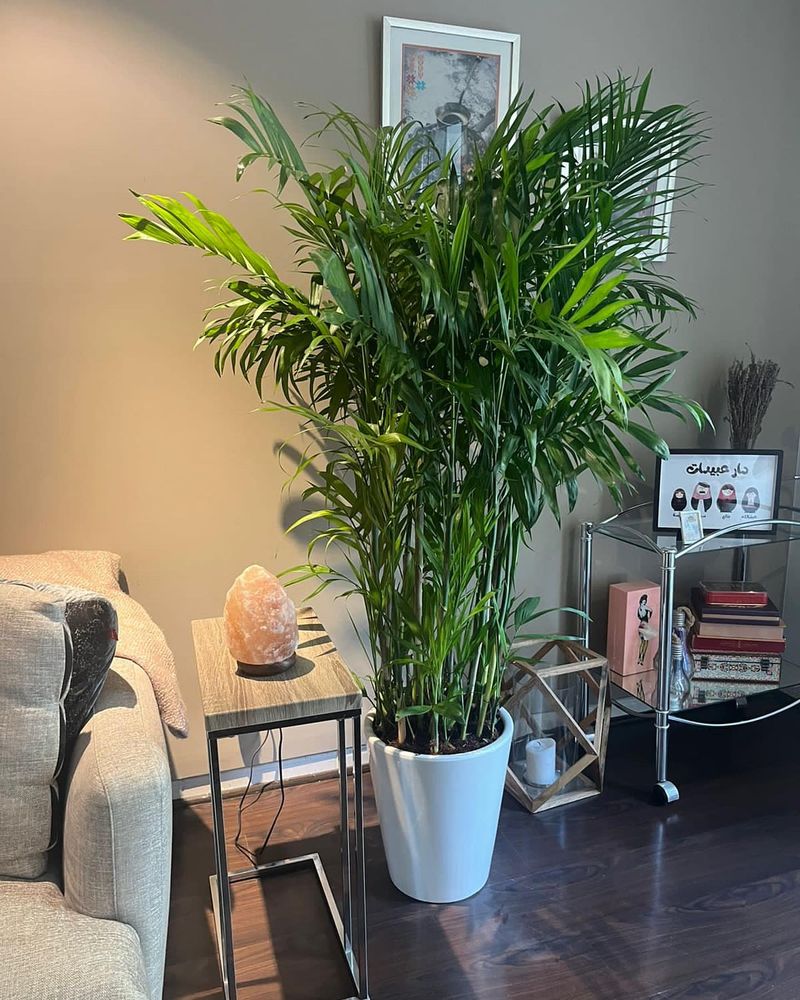
Bringing a tropical vacation vibe to your Washington home, bamboo palms create a lush focal point with their feathery fronds.
These palms naturally humidify the air through transpiration, which helps combat the dryness caused by indoor heating systems during rainy months.
They ranked highly in NASA studies for removing formaldehyde, benzene, and trichloroethylene from indoor environments.
Bamboo palms grow slowly and can reach impressive heights indoors with proper care.
Their non-toxic properties and low allergen profile make them safe choices for homes with children and pets.
6. Rubber Plant
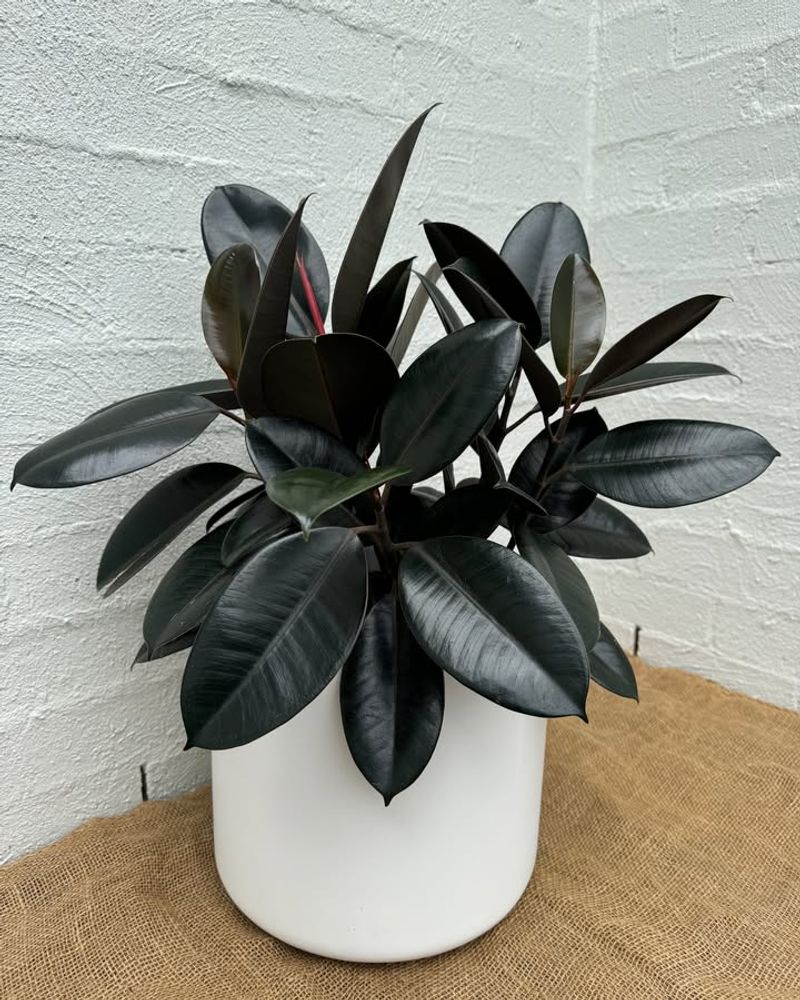
Rubber plants sport thick, glossy leaves that look almost fake because of their perfect shine and deep coloring.
Their substantial foliage makes a bold statement in any room while working overtime to clean your air.
These plants are particularly effective at removing formaldehyde from indoor spaces, which commonly off-gases from furniture and building materials.
Rubber plants prefer bright, indirect light but adapt well to various conditions.
They produce minimal pollen and require only occasional watering, making them low-maintenance options.
Just wipe their leaves monthly to keep them dust-free and photosynthesizing efficiently.
7. Dracaena
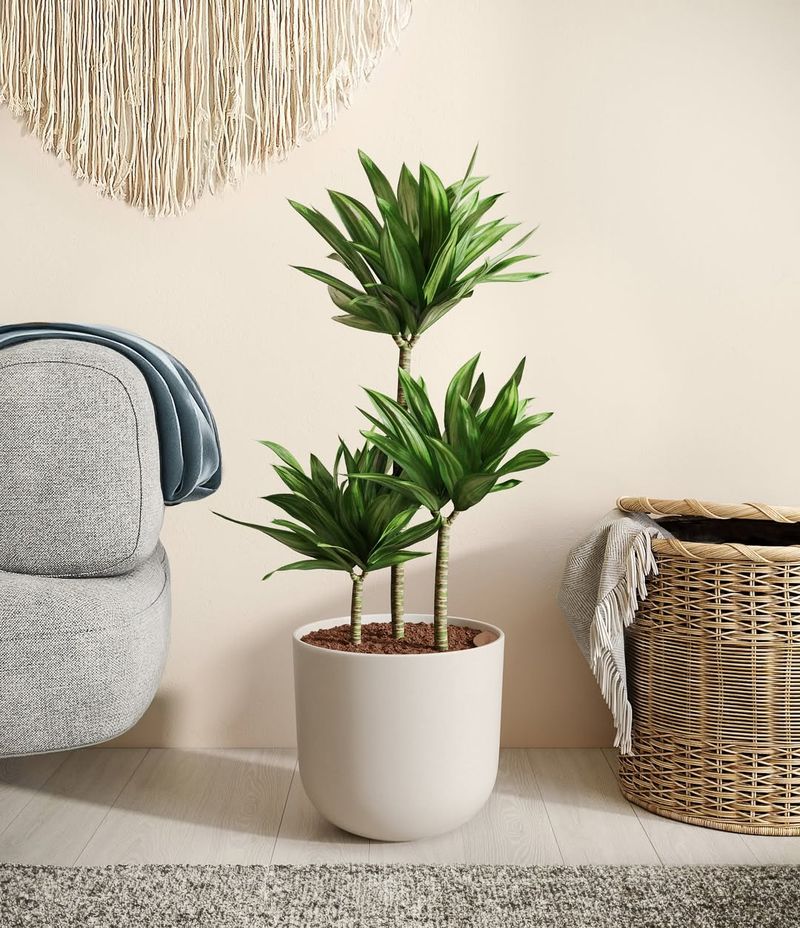
Dracaena varieties come in dozens of forms, from spiky dragon trees to broad-leafed corn plants, giving you plenty of style options.
Their architectural growth patterns add vertical interest to rooms without taking up much floor space.
These hardworking plants remove benzene, formaldehyde, trichloroethylene, and xylene from your home atmosphere.
Dracaenas tolerate lower light levels common in Washington homes during winter months.
They grow slowly and need infrequent watering, which suits busy lifestyles perfectly.
Their low pollen production and lack of strong scents make them excellent allergy-friendly choices.
8. Boston Fern
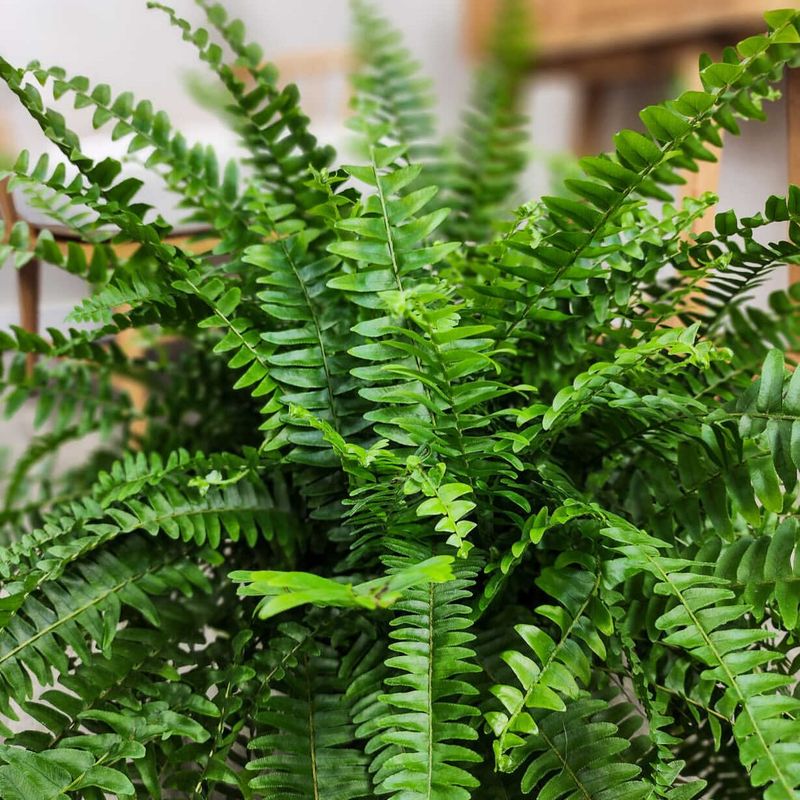
Boston ferns create clouds of delicate, feathery fronds that soften any space with their graceful appearance.
These moisture-loving plants thrive in Washington’s naturally humid climate, especially in bathrooms with good natural light.
They work as natural humidifiers while filtering formaldehyde and xylene from the air around them.
Boston ferns prefer consistent moisture and will let you know if they get too dry by dropping leaves.
Their spore-based reproduction means no pollen production, making them particularly friendly for people with respiratory sensitivities.
Misting them regularly keeps their fronds looking fresh and green.
9. Aloe Vera
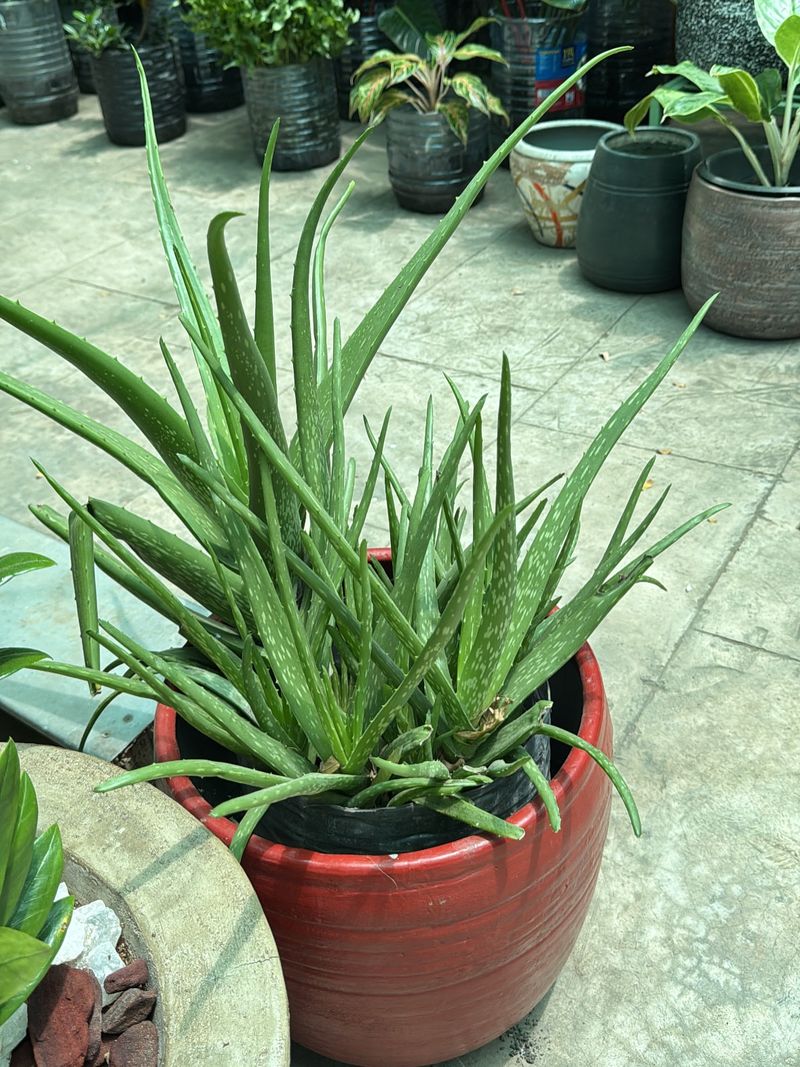
Beyond being a handy first-aid remedy for minor burns and cuts, aloe vera plants quietly purify your indoor air.
Their thick, gel-filled leaves store water efficiently, making them drought-tolerant and perfect for forgetful waterers.
Aloe removes formaldehyde and benzene from your environment while requiring minimal attention.
These succulents prefer bright, indirect light and well-draining soil to prevent root rot.
They produce virtually no pollen or allergens and actually release oxygen at night, improving bedroom air quality.
Plus, having fresh aloe gel on hand for sunburns is a practical bonus.
10. Areca Palm
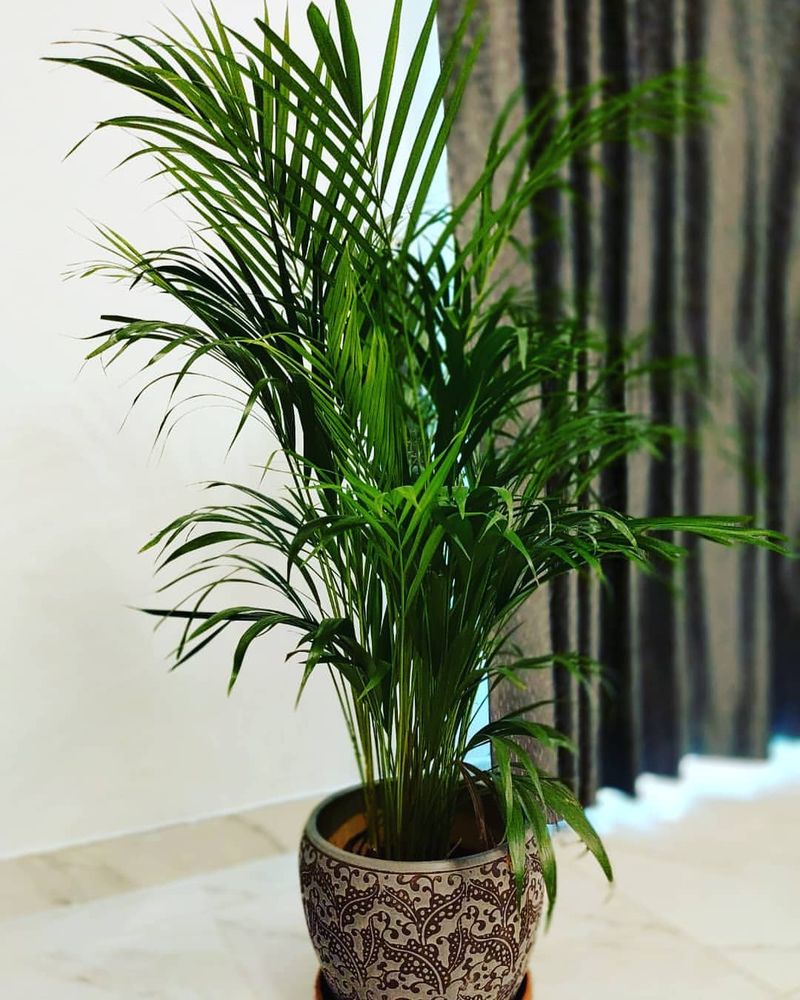
Areca palms bring a breezy, tropical elegance to Washington interiors with their gracefully arching yellow-green fronds.
These palms act as excellent natural humidifiers, releasing moisture into dry indoor air during heating season.
They ranked among the best air-purifying plants in scientific studies, effectively removing toxins while being completely non-toxic themselves.
Areca palms prefer bright, indirect light and consistent moisture without waterlogged soil.
Their gentle appearance and lack of irritating compounds make them safe for homes with allergy concerns.
Regular misting keeps their fronds looking vibrant and helps them thrive indoors.

